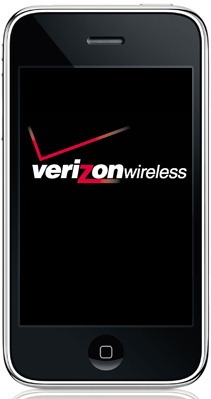According to the latest report of Wall Street Journal, Apple is expected to release not one, but two iPhones this year – one on AT&T this summer, and one CDMA version by fall on Verizon. WSJ detailed it as follows.
… one of the new iPhones is being manufactured by Taiwanese contract manufacturer Hon Hai Precision Industry Co., which produced Apple’s previous iPhones. The model that has CDMA capability, used by Verizon Wireless, is being manufactured by Pegatron Technology Corp., the contract manufacturing subsidiary of Taiwan’s ASUSTeK Computer Inc.
Recently, there has been lots of talk about negotiations taking place between Apple and Verizon on a possible CDMA version of the next-gen iPhone 4G for Verizon Wireless. The exclusivity of iPhone on AT&T has given AT&T a significant advantage over other competing networks in the United States such as Verizon.
If this report holds any truth, then this for sure wont be good for AT&T, considering the fact that most users switched to AT&T only because they wanted the iPhone, despite the poor network coverage and customer support. iPhone availability on a carrier like Verizon is going to cause users to hold off from buying AT&T iPhone’s until they see what kind of packages does AT&T offer in contrast to Verizon, provided that the exclusivity of iPhone with AT&T ends this summer.
Next-gen iPhone is likely to be unveiled at this year’s WWDC conference. It is expected to feature a faster processor, a 5 megapixel camera with LED flash, support for WiFi-N standard and so on.
Our complete round-up of all the iPhone 4G rumors can be found here.
You may also like to check out:
- iPhone 4G and iPad 4G Lands on Sprint. Sort of.
- iPhone 3GS, Now Available Without AT&T Contract in US
- Next Generation iPhone 4G to Feature LED Camera Flash?
- iPhone 4G to Feature Magic Mouse like Touch Sensitive Case?
- iPhone OS 4.0 Features Confirmed, Brings Refreshed UI and Multitasking
You can follow me on twitter or join our facebook fanpage to keep yourself updated on all the latest from Microsoft, Google and Apple.

